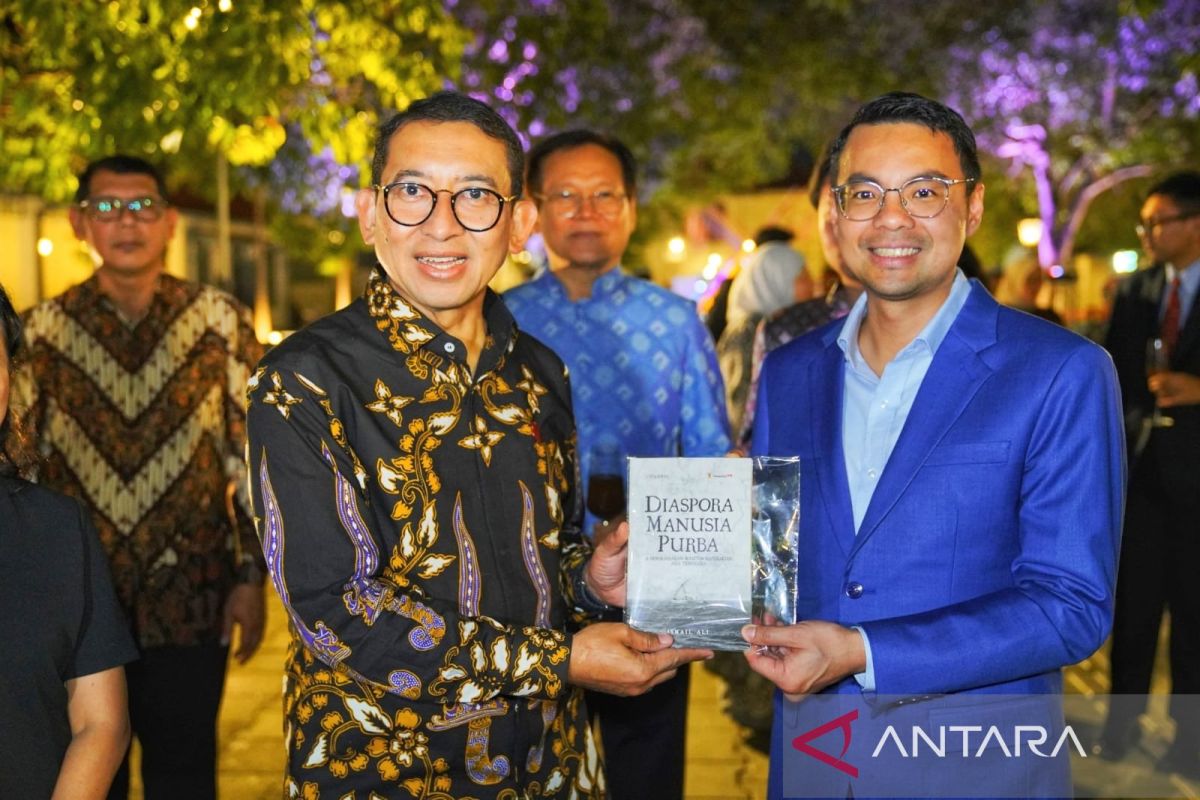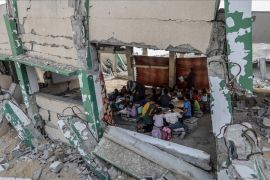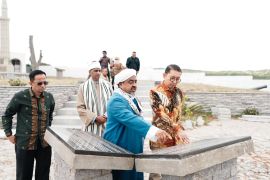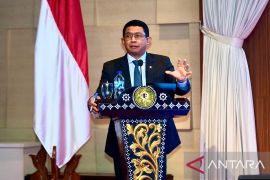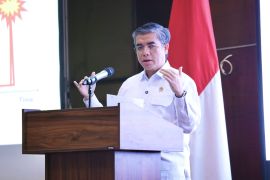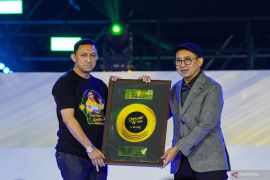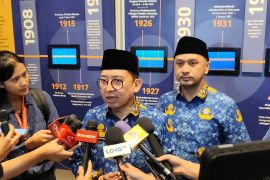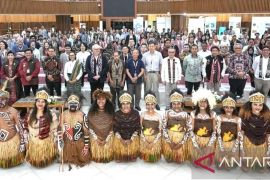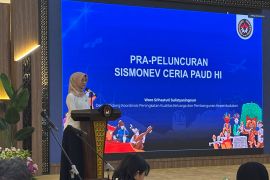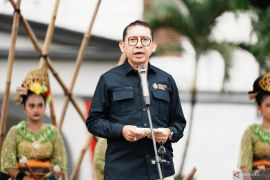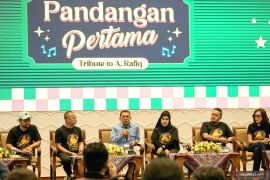In a press release on Friday, Zon said the fight against corruption is not only a political challenge but also a cultural one. He rejected the assumption that corruption stems from a nation's culture, arguing instead that culture can be a powerful tool to combat it.
Values such as honesty, justice, and solidarity passed down through generations, he said, could serve as a moral compass for public life.
"This will determine what kind of future we leave our children — one built on trust and solidarity, or one riddled with doubt and division," Zon said.
He also stressed the importance of regional cooperation, noting that corruption costs the world around US$2.6 trillion annually, or 5 percent of global GDP.
In Southeast Asia, he added, 23 percent of citizens report paying bribes for public services, while 79 percent of business leaders view corruption as a major obstacle.
SEAPAC, a cross-parliamentary network, has pledged to strengthen anti-corruption efforts through cross-border and multi-stakeholder collaboration.
Delegations from Southeast Asian parliaments and representatives from international institutions, including the UN Office on Drugs and Crime and the UN Framework Convention on Climate Change, attended the meeting.
At a dinner for the SEAPAC delegation, Zon, who currently serves as SEAPAC president, highlighted Vredeburg Fort's transformation from a colonial fortress into a cultural space managed by the Museum and Cultural Heritage Public Service Agency under the Ministry of Culture.
He noted that the fort houses more than 7,000 historical objects from the era of Prince Diponegoro and other independence figures.
Related news: KPK names Deputy Minister Ebenezer as extortion suspect
Related news: Prabowo awaits KPK clarification on Deputy Minister Ebenezer arrest
Translator: Sinta Ambarwati, Katriana
Editor: Anton Santoso
Copyright © ANTARA 2025
